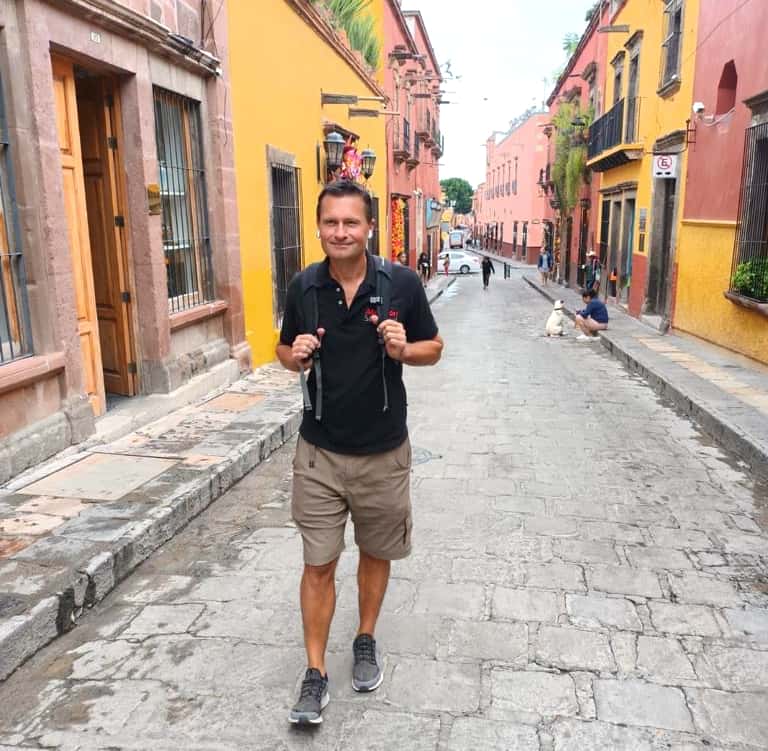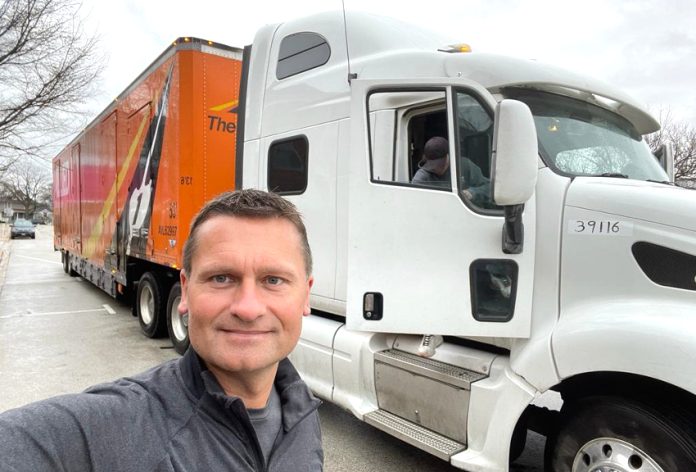Just a few nights ago my wife and I watched the recently released movie “A Million Miles Away” – a true story about José Hernández, the son of Mexican migrants who started as a farm worker, and became an engineer and an astronaut. He was the first Latino to fly to the space station in the NASA space shuttle.
I am not one to cry, but I must admit that it was tough to keep a dry eye throughout much of the movie. I was overcome with a mix of emotions from sheer joy, admiration and respect for the real-life characters of the Hernández family.
I have learned first-hand throughout my life to always bet on hard-working immigrants. The risks they have taken, the courage, tenacity, and perseverance they have demonstrated to pick up and make such a massive change cannot ever be underestimated.
It was also a classic story of a relentless pursuit of an American dream. A significant inspiration for my wanting to leave a comfortable corporate life in the United States came from working with immigrants.
When we left the corporate world and decided to move to Mexico, I said to my wife: “now it’s time for me to become an immigrant.”
I understand that my circumstances were much different than those of most immigrants, but I still wanted to feel the excitement, the stress, the fear of the unknown, and the need to “just put your head down, work damn hard, and figure things out” that so many immigrants feel.

If you think about it, when you become an immigrant, it’s the ultimate bet on yourself – and that’s not easy. When you bet on yourself, there is no one but yourself to blame if things don’t work out well.
For most of my adult life I have been surrounded by immigrants. While growing up, my parents owned a commercial cleaning company in Madison, Wisconsin that I worked at throughout high school and college. The majority of the employees were immigrants, most from Mexico, but also many from other parts of Latin America, Eastern Europe, and even Africa.
I marveled how most of them finished an 8-hour day job to then go directly to work another 8-hour night shift for my parents’ company. Weekend overtime opportunities? They were always the first to raise their hands. I couldn’t help but be amazed and respect their incredible work ethic – while at the same time keeping a strong sense of family and community.
Many of them had left members of their families behind to come work in the United States, yet they maintained a laser-sharp focus on making enough money to go back to their home country. or to help their family members come live with them in their newly adopted country.
Later on, in my professional career and in leadership roles for my company’s Latin American division, we often worked to help our employees who were looking to move to other countries within the region.
First it was the Colombians looking for better opportunities elsewhere, then a huge flow of Venezuelans and Argentinians. I remember countless conversations with the employees and often their families to understand their motivations and ambitions so I could figure out how we could best help them.
It’s hard to forget the looks on the faces of the families as they agreed to take a new job in a new country, an unknown adventure and challenge in a unique way for each member of the family.
I feel that much of present-day wealthier society’s ills come from essentially a “comfort crisis.” If you haven’t read it, the book “The Comfort Crisis: Embrace Discomfort to Reclaim Your Wild, Happy, Healthy Self” by Michael Easter is a great one.
Immigrants know what it’s like to embrace discomfort – they have personally made the choice to do it. I personally have benefited from and enjoyed the process, despite it not being easy, and I think many others would too.
Travis Bembenek is the CEO of Mexico News Daily and has been living, working or playing in Mexico for over 27 years.
